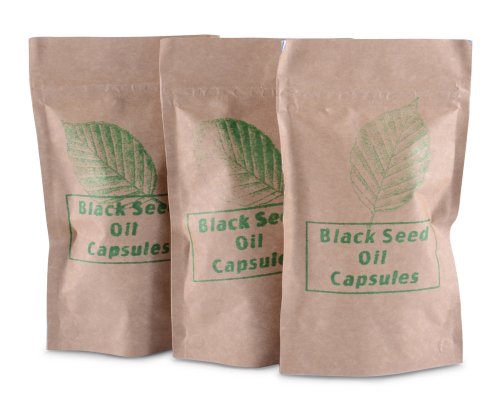Customer Services
Copyright © 2025 Desertcart Holdings Limited




Black seed Oil Black Seed has over 1400 years history of use. Many ancient books and text suggest the following traditional uses for Black Seed. But please note, that these should not be understood as cures or treatments for any disease or illness. What is Black Seed Nigella sativa is an annual flowering plant, found in the Mediterranean region, Arabian peninsula, northern Africa and parts of Asia. It is planted in winter, flowers in the spring and is harvested in the early summer for its jet-black seeds. These tiny seeds are one of the most revered medicinal seeds in history and are known by many different names. By whatever name it is known it remains a legendary ancient medicinal herb. Our black seed oil comes from Egypt. How should I take Black Seed Black Seed is taken in numerous different ways across the globe. Black Seed oil is often mixed with a drink for internal use, but can be taken off a spoon. You can, of course, use Black Seed as a culinary herb and add the whole seeds, the powdered seed or the oil to your recipes. Black Seed oil may be applied directly to the skin. It is quite heavy and may be better mixed with virgin olive oil. It also mixes well with Aloe Vera Gel, which will help it penetrate deep into the skin. Or you can mix a little with your usual moisturiser. Whole Black Seed has several other applications: A bag placed in a wardrobe will deter moths. Bags are also hung near fireplaces or other heat sources as a room freshener. It will need renewing about every third week. For headaches you can wrap some seed in a handkerchief or muslin bag, bruise it between your hands and inhale the vapours. This can also be used to "lift" your spirits if you feel down. What are the Side Effects of Black Seed Oil? There are no known side effects of Black Seed Oil if it is taken moderately. However, it is not recommended for use during pregnancy. Halal, not suitable for vegetarians.
Trustpilot
1 week ago
2 months ago